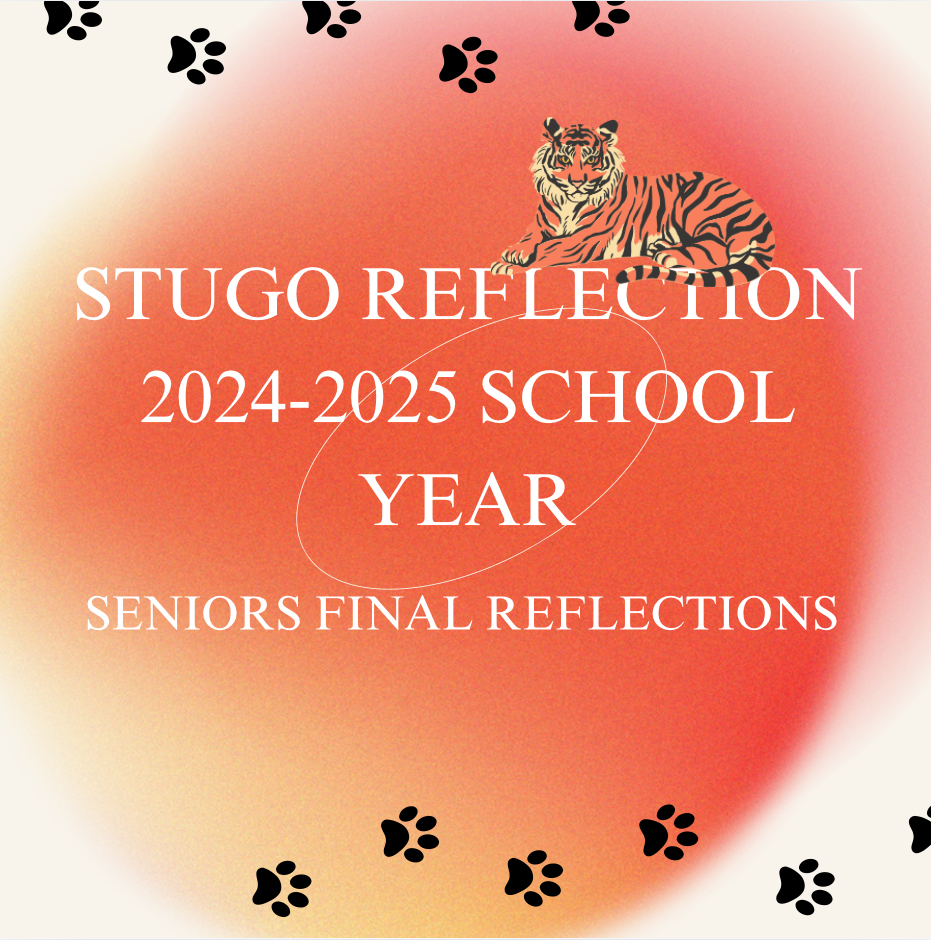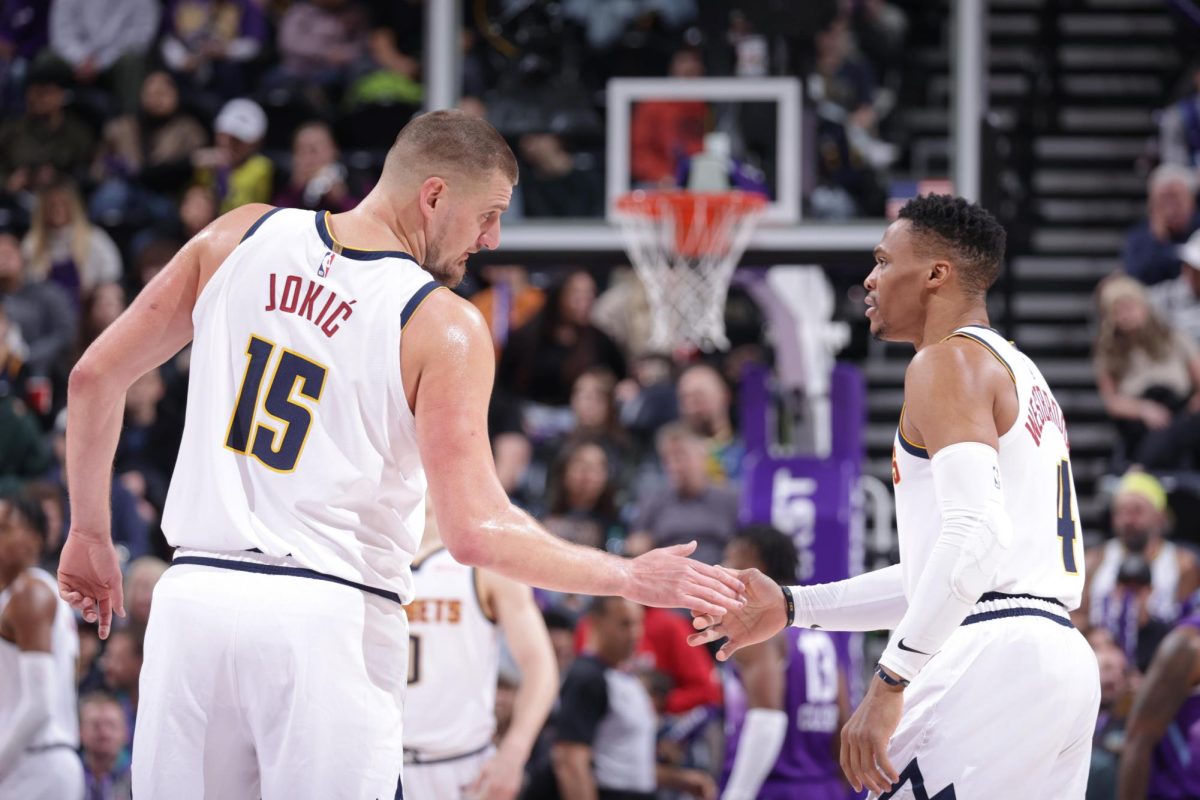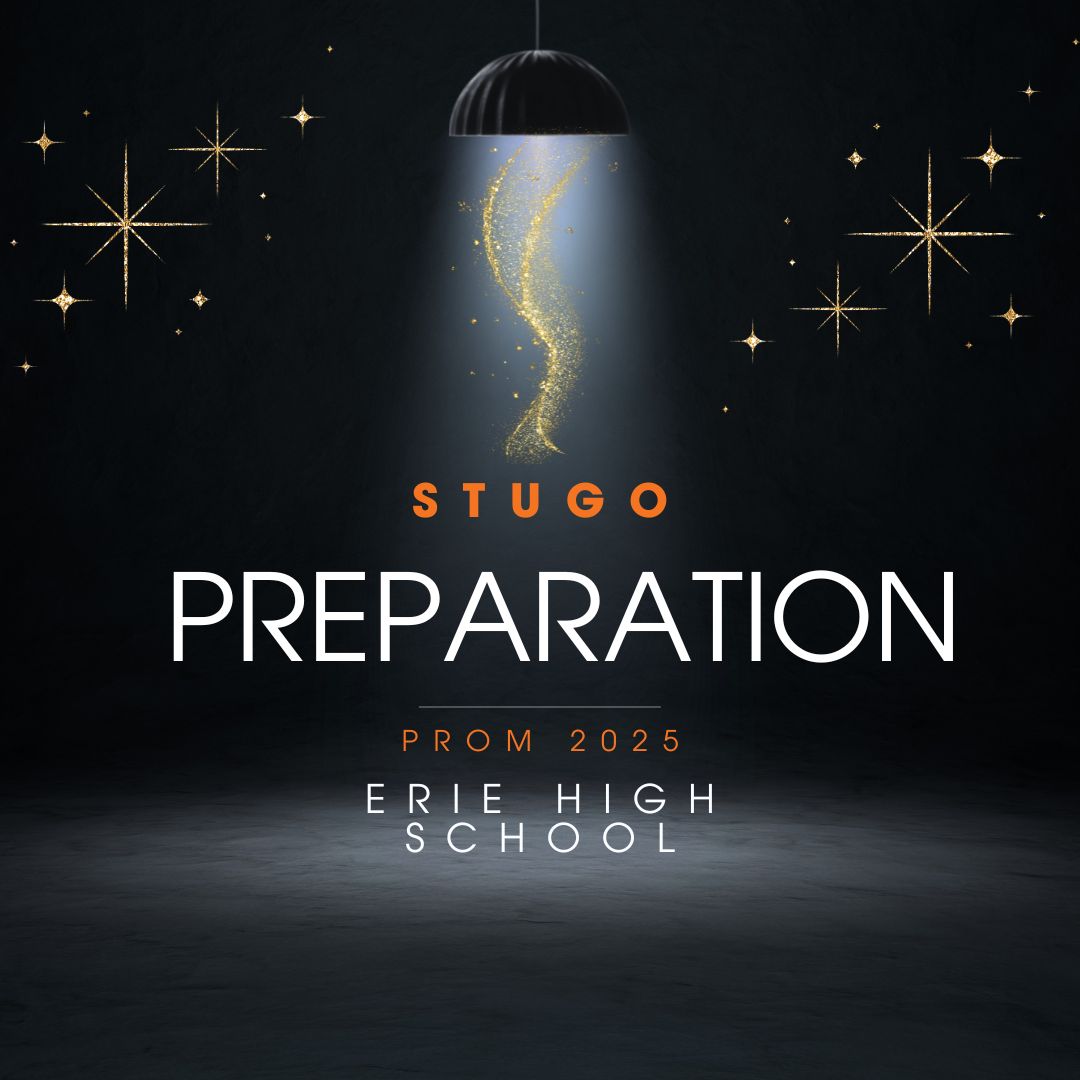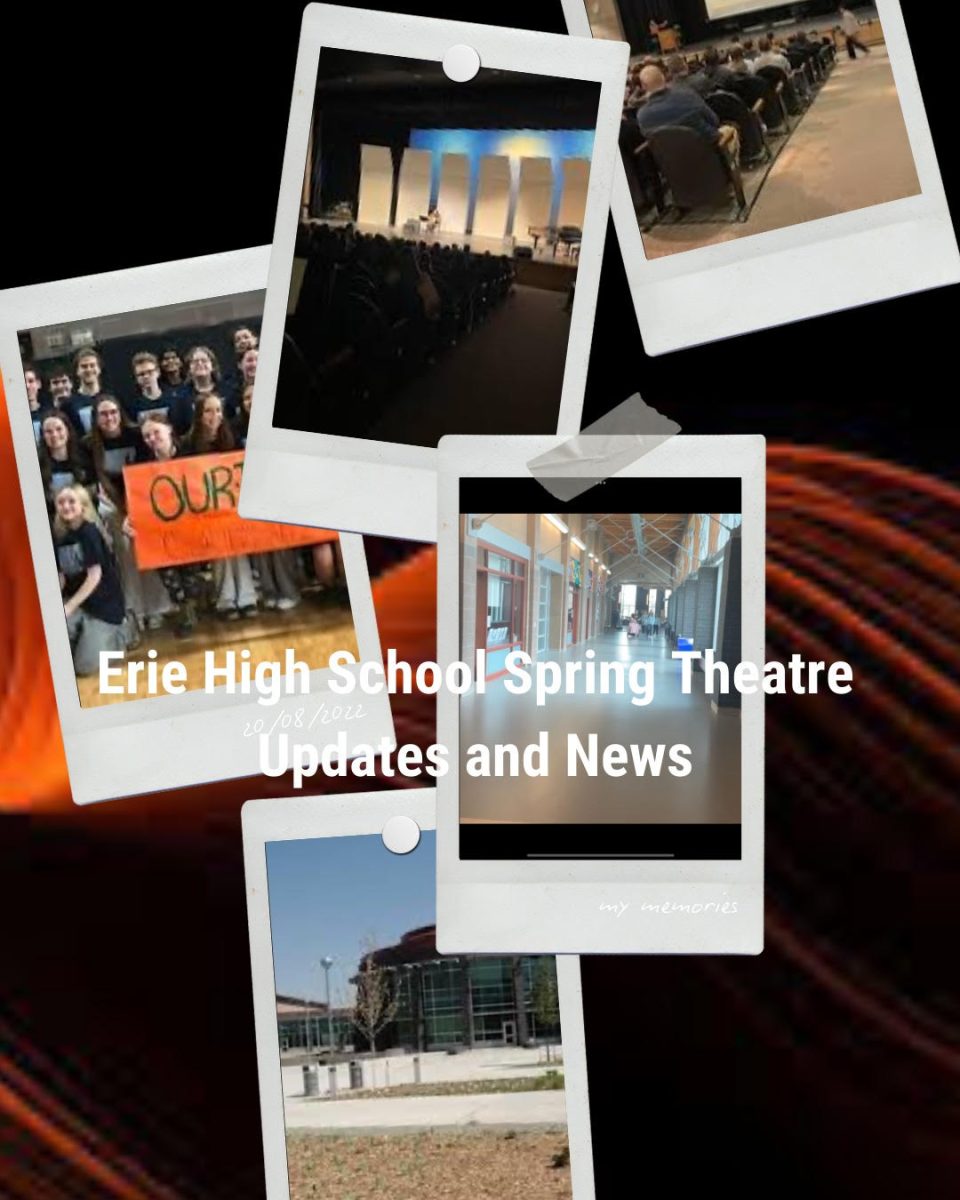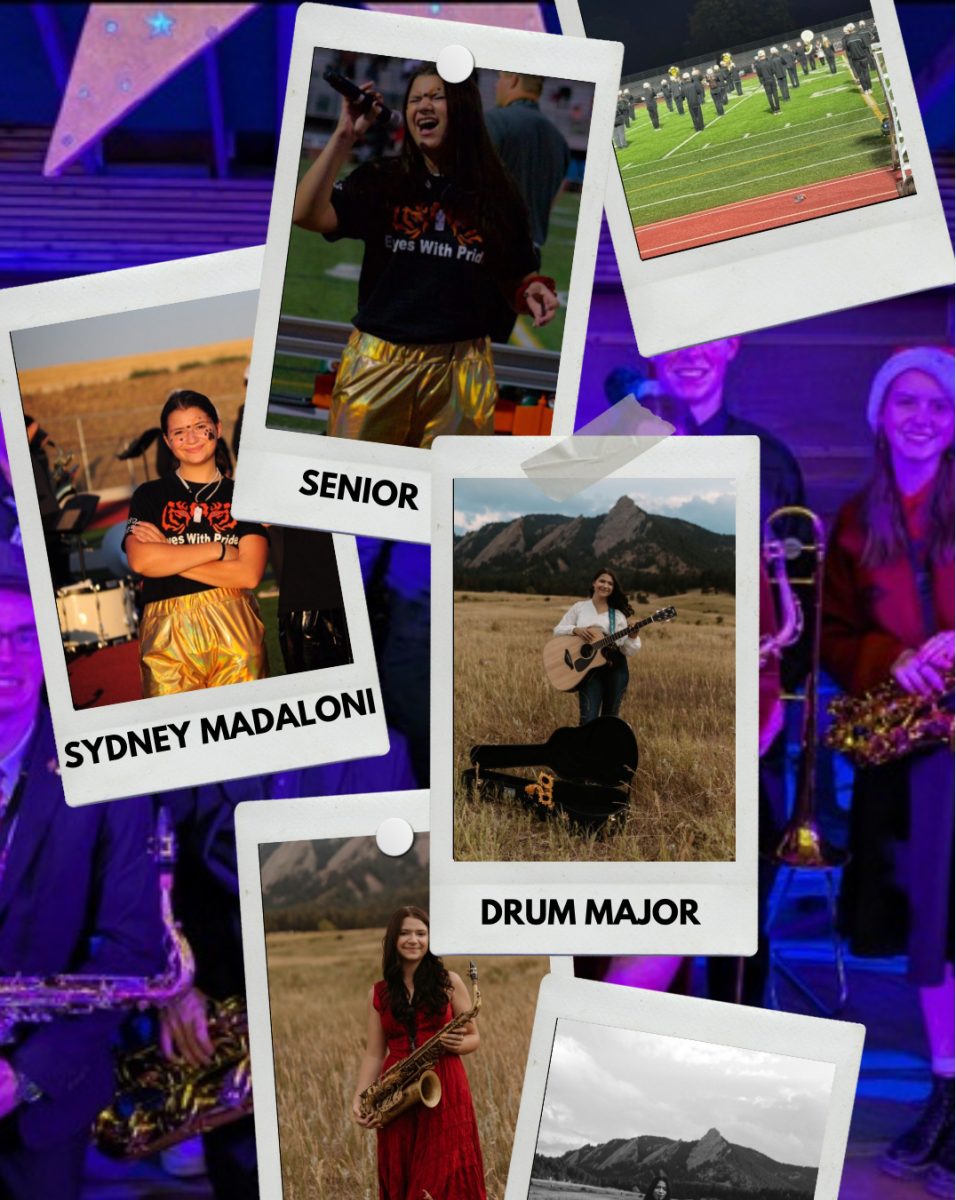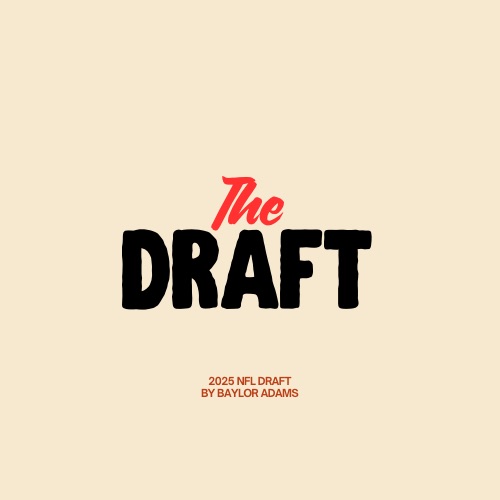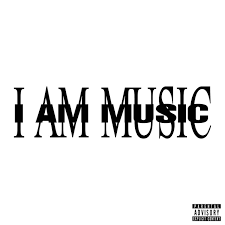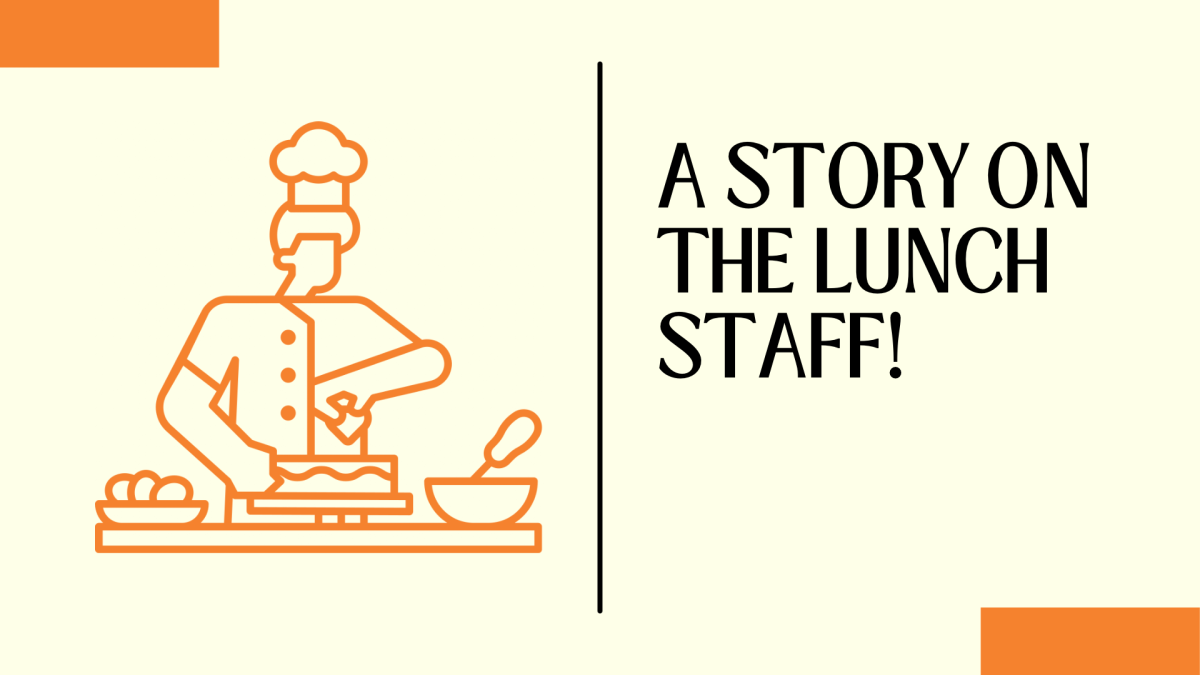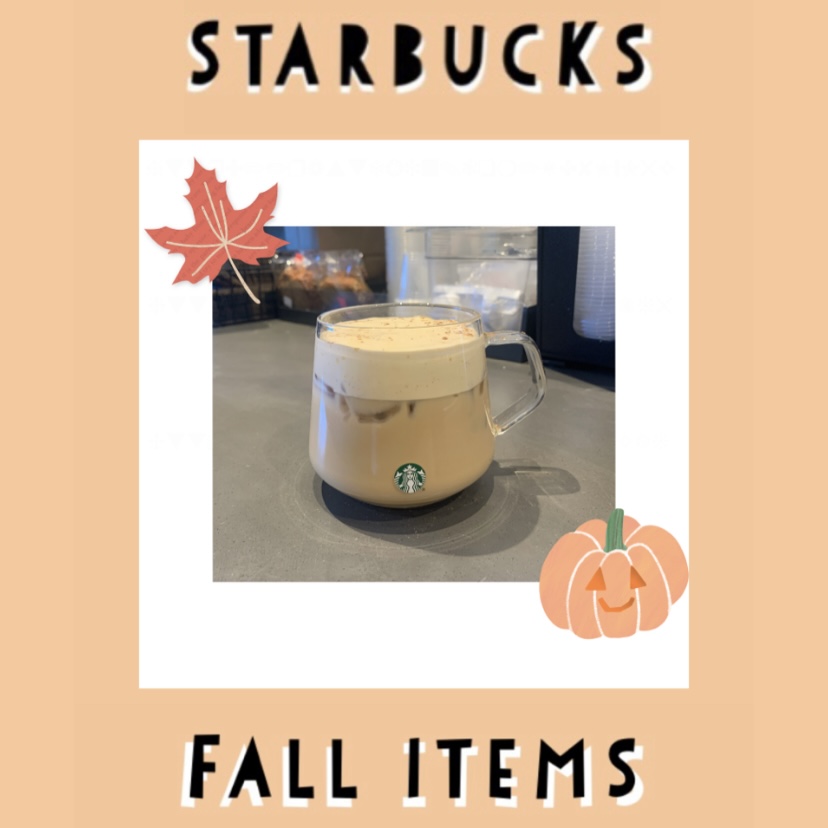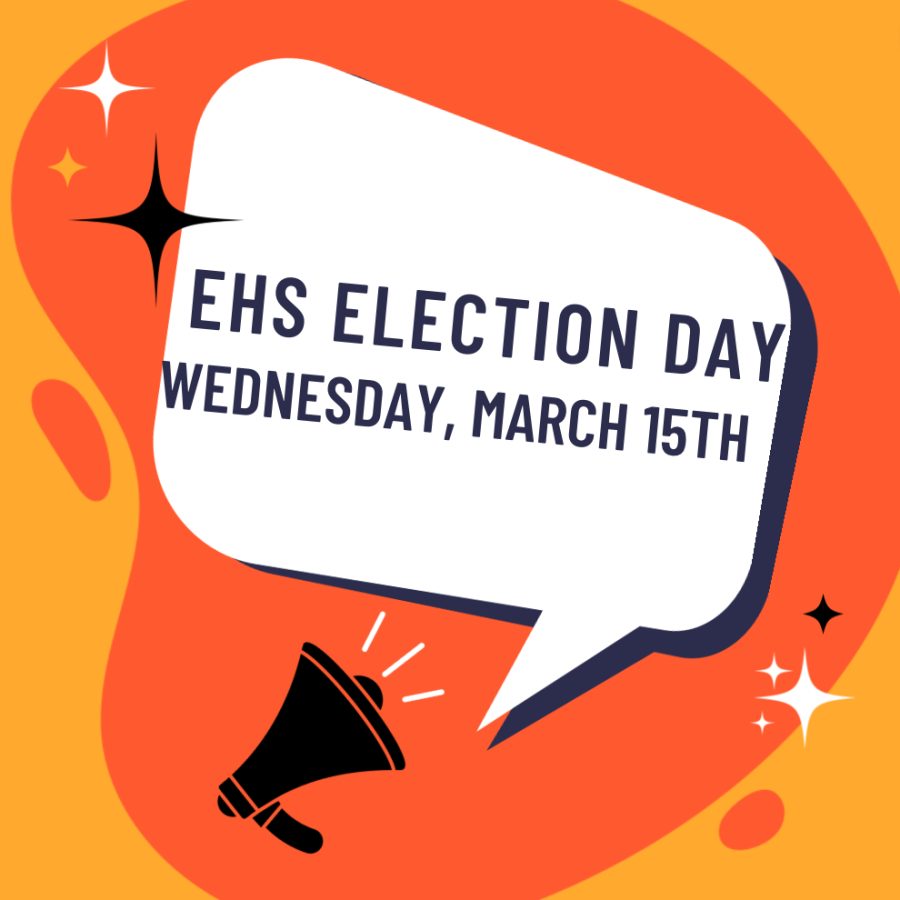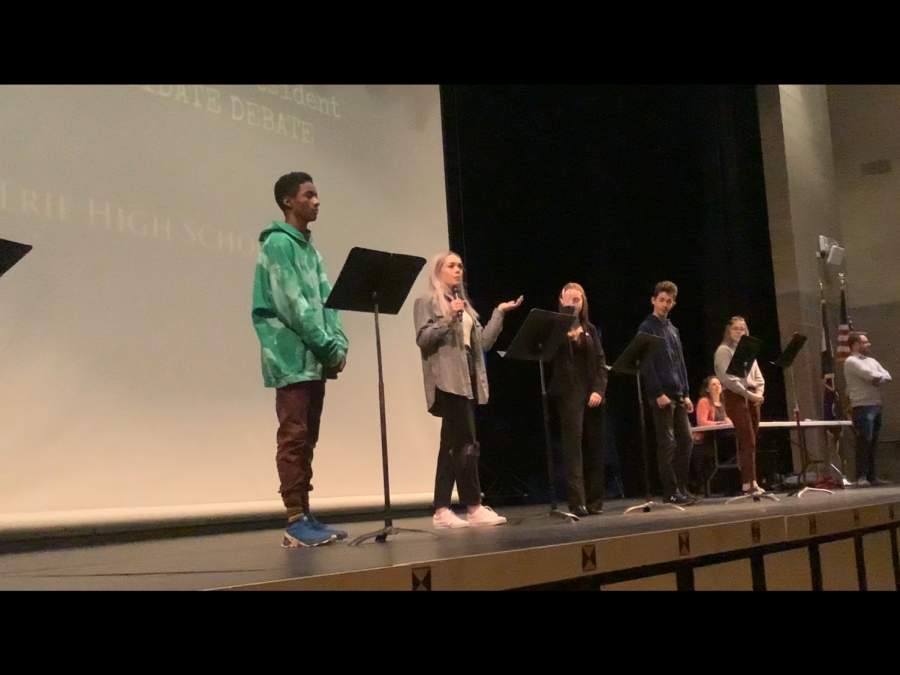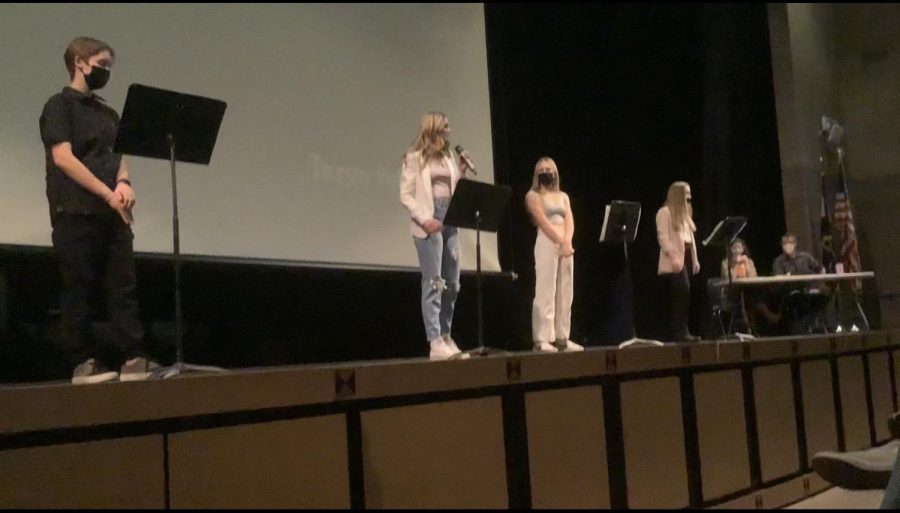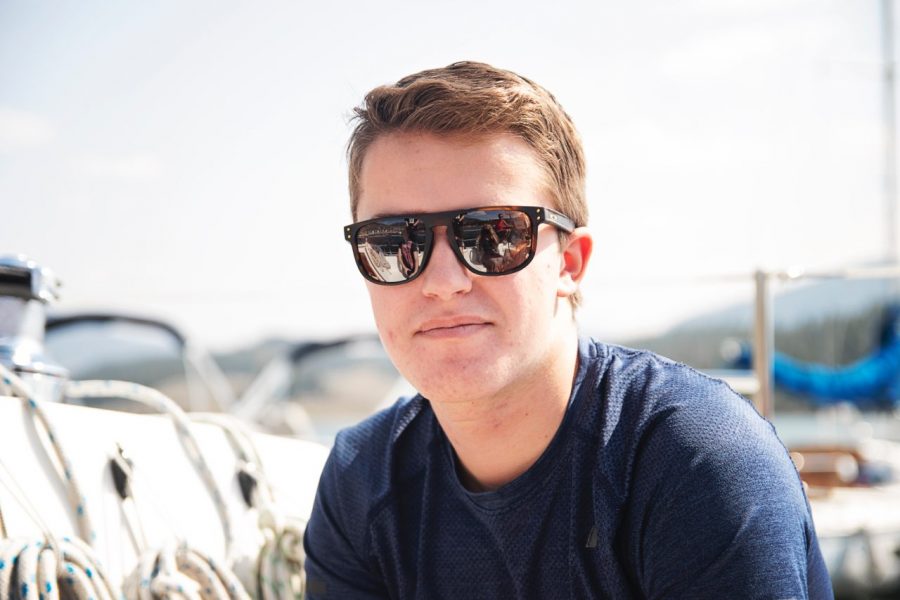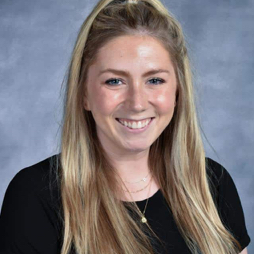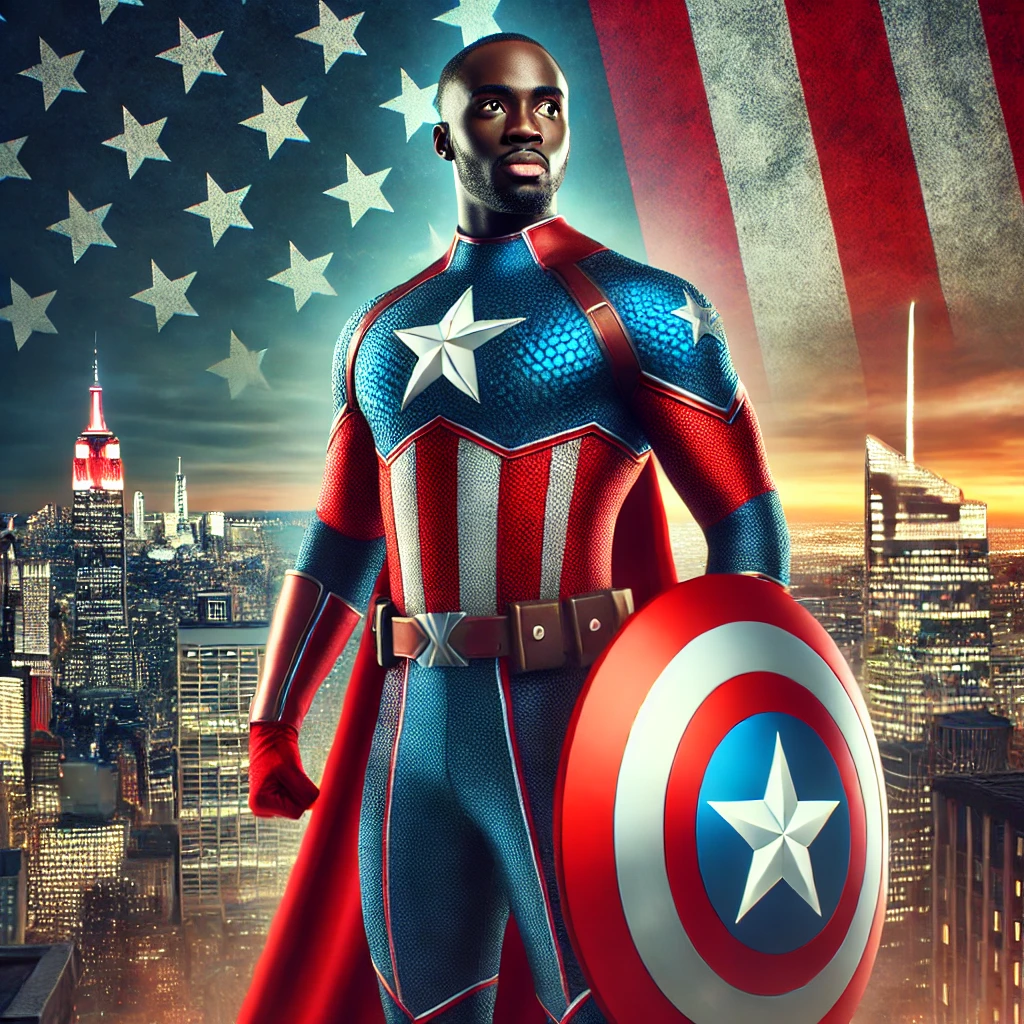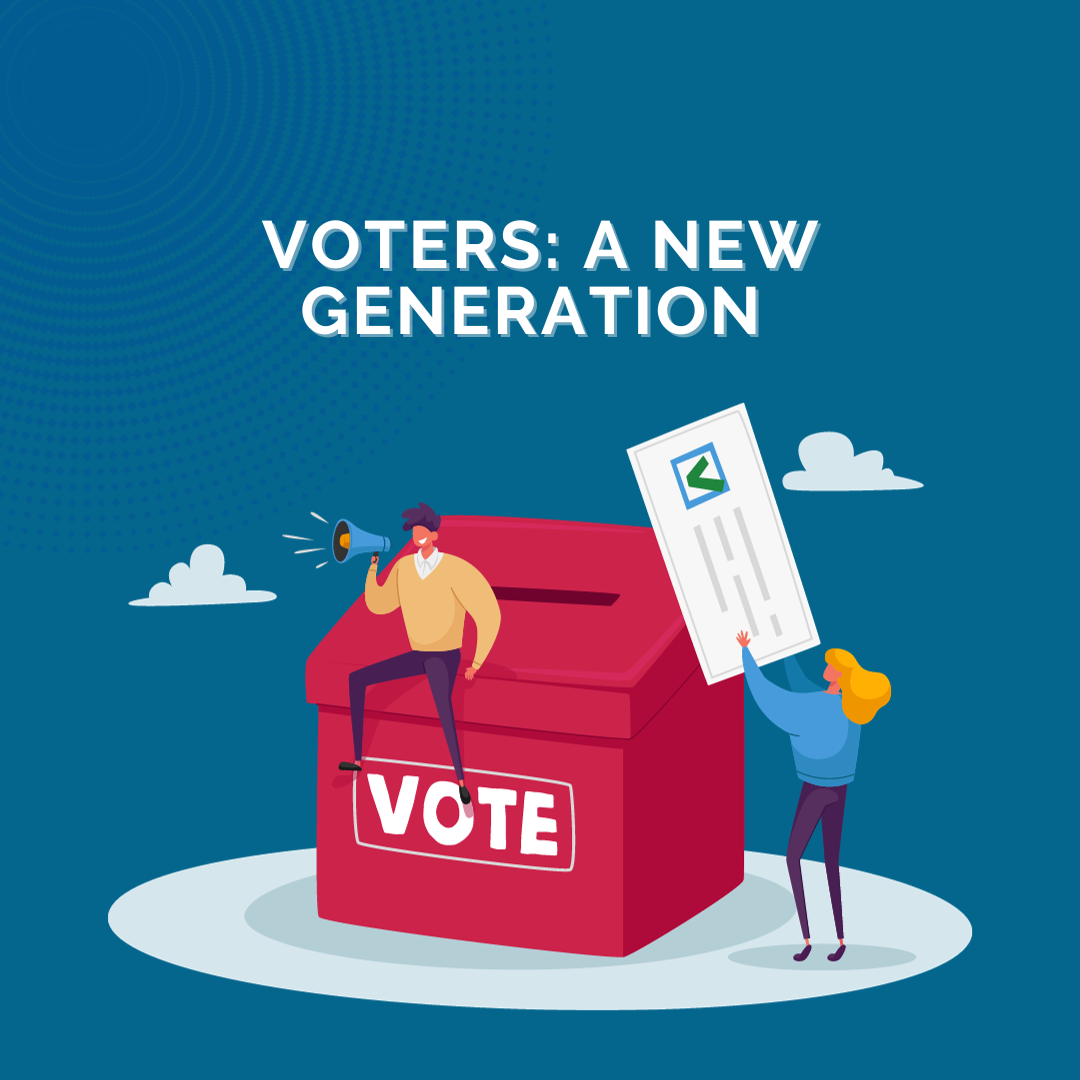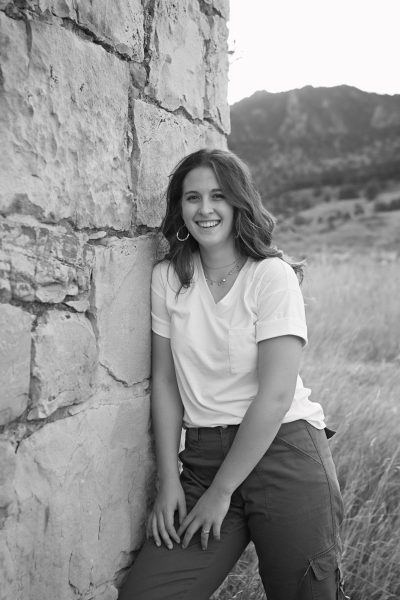The time for the American Presidential election has once again come back around, and the 2024 cycle, just like so many before it, lies within a pool of urgency, and chaotic uncertainty. Swimming within it are the next generation of voters who are participating in their first election.
Opinions on how younger people, specifically those in between the ages of 18-25 both view and take part in local and major elections vary. According to a story from NPR, around 27 percent of people between the ages of 18 and 29 voted in the previous midterm election. “Researchers say the 2022 election had the second highest turnout in at least three decades.”
Part of this lull in participation can be related to the amount of political efficacy in one group or another. In other words how much people think that their vote would count. Jennifer Bradfield, one of Erie’s government teachers reflects on this saying, “I hope that it’s [student’s political efficacy,] is high. I hope that they are looking at this upcoming election thinking that they all should have invested interest in what’s going to take place.”
Like always the political field is changing more and more from what it has been, and the mediums of how people gather their information has morphed. “I know from conversations that a majority of their intake is from Tik Tok.”
In a 2019 survey conducted by Common Sense and Survey Monkey showed that 54% of teens from social media platforms as reported by the Eagle Eye, a high school newspaper based in Florida.
Some students, like Dax Bradshaw, senior this year at Erie High school, and student body vice president believe that intakes like Tik Tok for example aren’t a good source of information. “I think Tik Tok news is something that people should stay away from.” He comments.
Francie Mueller, also a senior at Erie high school, agrees regarding information from social media, “if people just do what they see on the internet, they won’t be able to make educated and smart decisions.”
Similar to what Bradfield reflects, Bradshaw recommends, “Do your own research… at the end of the day you are going to do [or vote,] what you think is right, and nobody has to know.”
Mueller builds on this point, “It’s your responsibility if you wanna be active in the political community, you gotta do it yourself.” This point according to some is different from the current climate that is at Erie, but also across the country. “It’s not like you see people in the community being proactive for what they want, it’s more just [talking through,] social media.” Bradshaw claims.
Whether it be watching the debates, or seeing what happens in the local governments across the country, newer generations are learning to become participants in their civil duties. They do so in an era which has news and ideas spreading like never before. How Americans continue, and will adapt to new circumstances in politics will become more clear as time moves forward.
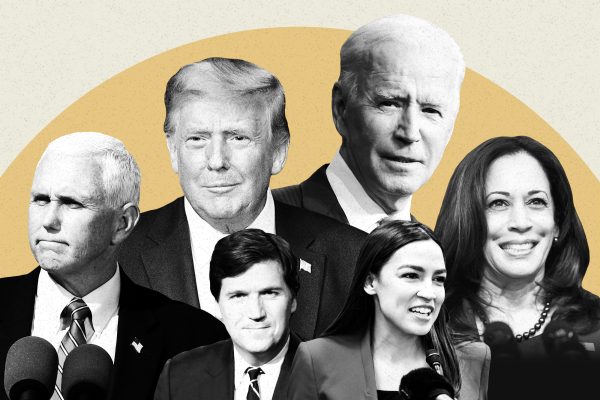
Photo Credit: Twoleftsticks.com




